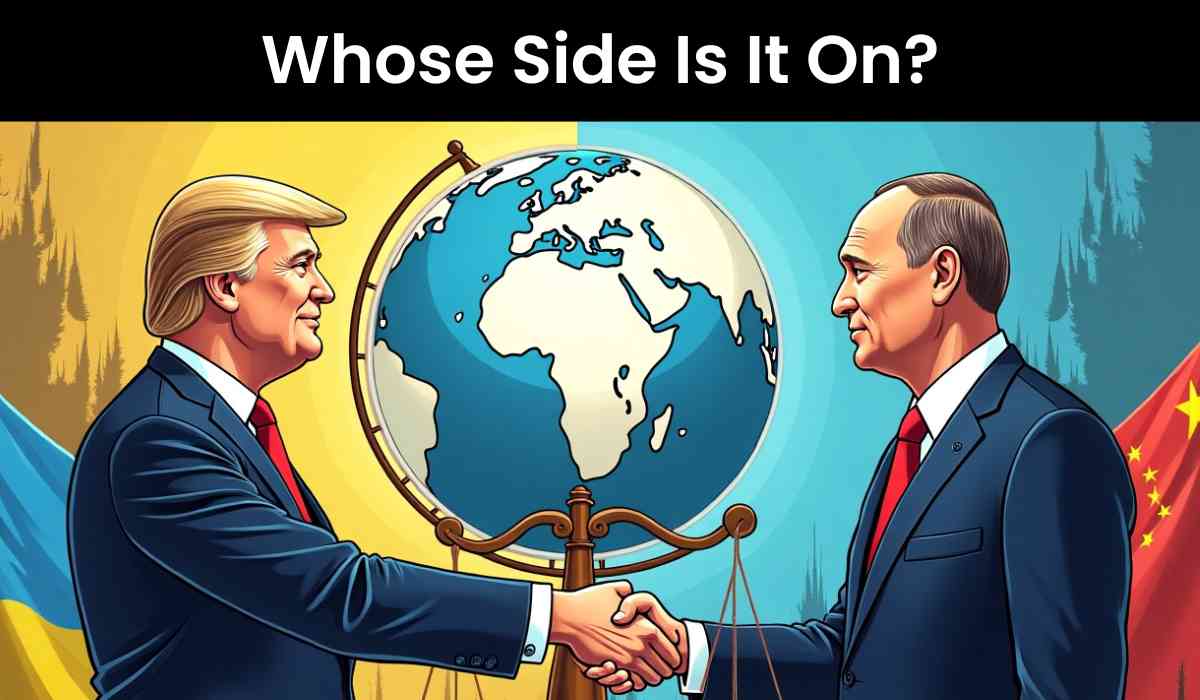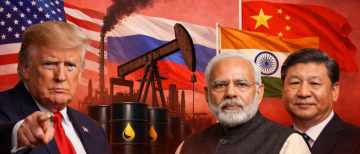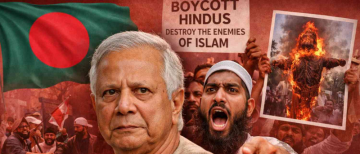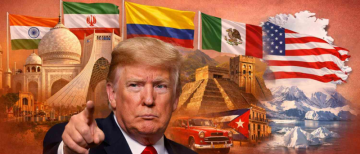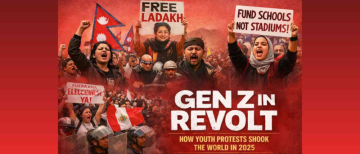In recent years, the world has witnessed significant shifts in U.S. foreign policy under President Donald Trump. One of the most notable changes involves how the United States interacts with Russia and Ukraine, countries embroiled in a long-standing conflict. This article will delve deeper into these developments and explore their implications for global politics.
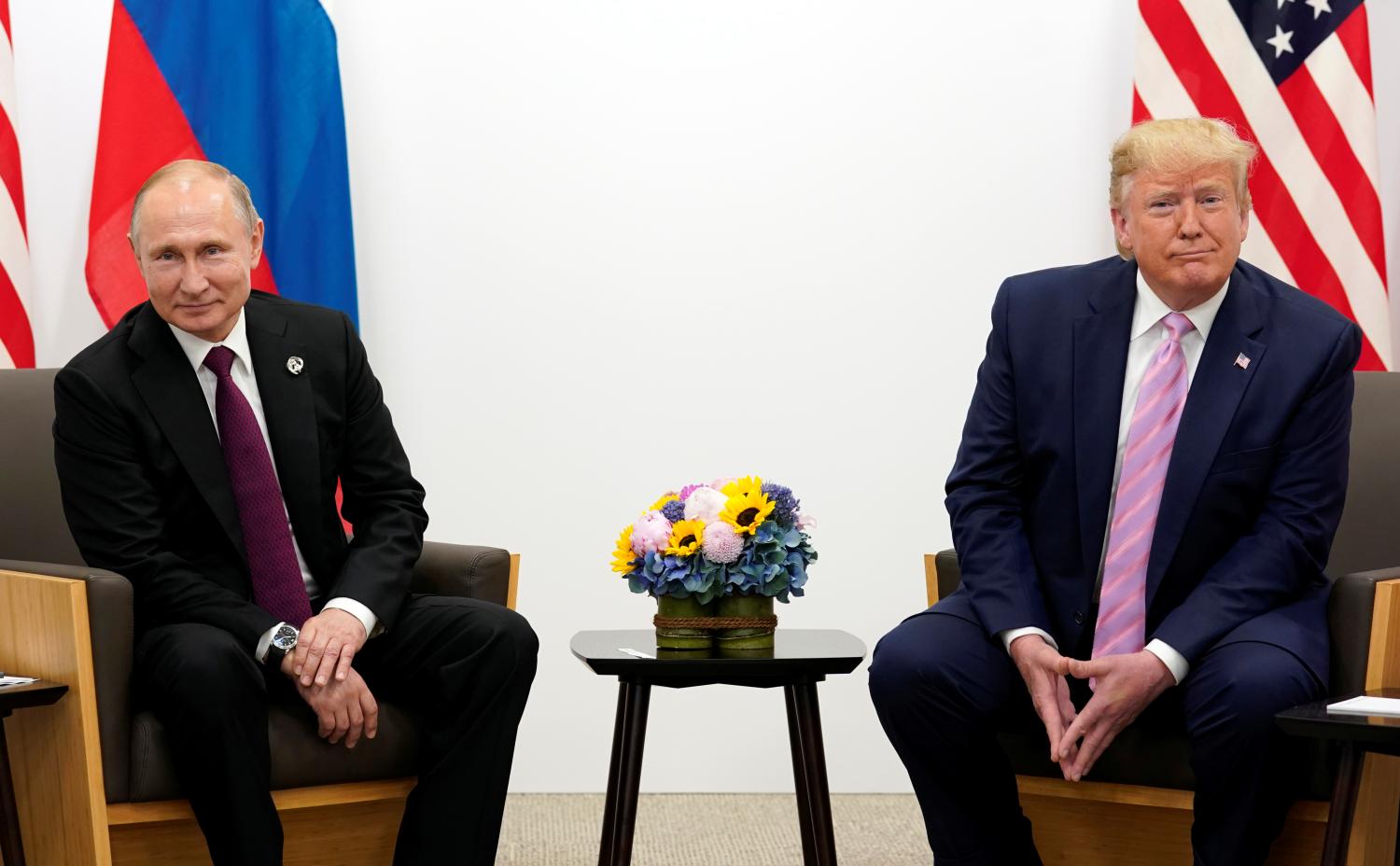
Background: The Conflict
The conflict between Ukraine and Russia began in 2014 when Russia annexed Crimea from Ukraine. This move was widely condemned by international leaders as a violation of Ukrainian sovereignty and territorial integrity. Since then, tensions have remained high, with ongoing clashes between Ukrainian forces and Russian-backed separatists in eastern Ukraine.
In February 2022, Russia launched a full-scale invasion of Ukraine, leading to widespread international condemnation and severe economic sanctions against Moscow. The invasion marked a significant escalation of the conflict and heightened concerns about regional stability.
Trump’s New Strategy
President Trump has taken an unconventional approach to dealing with this crisis:
-
Shift Towards Cooperation with Russia: Trump has suggested that the U.S. should no longer isolate Russia but instead work together as allies against China—a rising global power seen as challenging American dominance.
This marks a departure from decades of U.S. foreign policy aimed at containing Russian influence through alliances like NATO (North Atlantic Treaty Organization) and supporting democratic movements across Eastern Europe.
-
Criticism of Zelenskyy: Recently, President Trump criticized Ukrainian President Volodymyr Zelenskyy for not accepting peace terms that many see as favorable to Russia—terms which could potentially undermine Ukrainian sovereignty if accepted without robust guarantees.
He even referred to Zelenskyy as "a dictator," sparking outrage among Ukrainians who view their president as a legitimate leader fighting against Russian aggression.
-
Putin’s Reaction: Vladimir Putin seems pleased with these developments because they align closer to his goals:
-
Building trust with the U.S., which he believes is crucial for resolving the Ukrainian crisis on terms more favorable to Moscow.
-
Expressing satisfaction over recent talks held without direct Ukrainian participation—a move seen by many Ukrainians as sidelining them from negotiations affecting their country's future.
-

Impact on Global Politics
This shift raises several questions about loyalty and alliances:
-
Ukraine’s Concerns: Ukrainians fear being left out of negotiations that decide their country's fate without adequate input—a concern echoed by European allies who support Ukraine's sovereignty.
-
Russia’s Gain: By aligning closer to Putin, there is concern that this might inadvertently legitimize Russian actions in Eastern Europe—a move seen as undermining decades-long Western efforts since World War II aimed at countering Soviet/Russian expansionism through institutions like NATO.
-
China Factor: Some argue this strategy aims to use Russia against China’s growing global influence; however:
-
Given strong strategic ties between China-Russia (including joint efforts like reducing dollar dominance), it remains uncertain whether such an alliance would yield desired results for Washington.
-
It also risks alienating traditional European allies who are wary of both Chinese economic expansionism but also value stability provided by maintaining strong relations with both Beijing & Moscow within established frameworks like BRICS or G20 summits respectively where multiple nations collaborate economically despite political differences elsewhere globally today!
-
Public Reaction
Public opinion varies widely:
-
Ukrainian Support:
Despite internal criticisms within Ukraine about leadership decisions during wartime challenges—such as postponing elections due to ongoing hostilities—Zelenskyy enjoys broad public support domestically because he represents resistance against an aggressor nation (Russia).
-
International Criticism:
Many international leaders criticize Trump’s stance on blaming Ukraine rather than acknowledging Russian aggression—a stark contrast from previous bipartisan consensus supporting military aid for Kyiv across both Democratic & Republican parties within Congress.
-
Global Implications:
The shift towards cooperation with Putin while criticizing Zelenskyy raises questions about whether traditional alliances are being sacrificed too hastily or if there is indeed an underlying strategic rationale yet unseen by observers worldwide.

In conclusion, while diplomacy involves complex negotiations where sometimes tough decisions must be made quickly—Trump's pivot towards Putin raises concerns about whether loyalty is being traded off too easily or if there are long-term benefits hidden beneath current diplomatic maneuvers that only time will reveal fully!
With inputs from agencies
Image Source: Multiple agencies
*The views expressed are personal to the author and do not reflect the platform's opinion of the same.
© Copyright 2024. All Rights Reserved Powered by Vygr Media.

